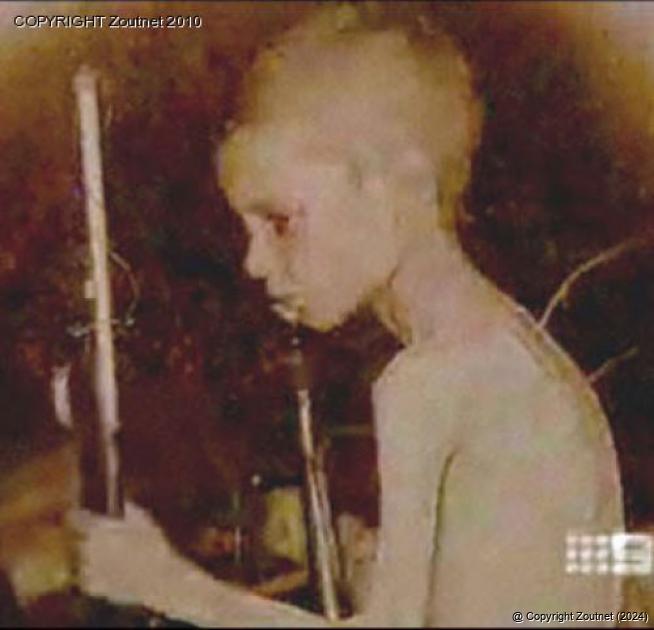The Australian programme on Breaker Morant, filmed in part in South Africa and the Soutpansberg, was aired recently and elicited interesting comments.
Charles Leach, local historian, as well as other South Africans, featured in Channel Nine’s popular programme Sixty Minutes, in some ways comparable to the South African Carte Blanche. The programme, with the title Breaker Morant: A matter of Justice, was filmed in three countries and aired on Sunday, July 4.
Leach, and many who have joined him in his passion to get the South African side of the story of Breaker Morant and his regiment, the Bushveldt Carbineers, in the Anglo Boer War across, was excited when it became known that the story was to be filmed in the area. They welcomed famous Australian television journalist Ray Martin and producer Danny Keens and his team. They argued in a friendly manner with Australian military lawyer Commdr James Unkles, who seeks a pardon from the British crown for Lts Harry Breaker Morant and Peter Hancock. Morant and Hancock had been executed by a firing squad without proper court procedures, for shooting unarmed civilians in the Anglo Boer War (1899-1902). They tried to set some facts straight with Australian author Nic Bleszynski who had written a book on Morant with the title Shoot straight you bastards.
They flew the Australians around per helicopter, courtesy of Phile van Zyl of the ZZ2 farm. The Kruger National Park was seen and filmed from the air, collecting amazing footage. They took the crew to concentration camp sites and showed them photographs of emaciated children in the camps. They took them to graves of victims of Morant and the BVC. They hoped that the South African side of the story would feature strongly in the final cut.
The final programme had a fascinating combination of excerpts of the Australian film Breaker Morant, wild animals of Kruger, Unkles and Bleszynski in London on soapboxes shouting for a pardon for Morant, and interviews, including those with Charles Leach. Some descendants of victims murdered by Morant and the Bushveldt Carbineers spoke, but were not identified as descendants of the murdered victims.
“They took back seven days of footage. It is a pity that they did not use any interviews with Prof Fansjohan Pretorius, or Prof Louis Changouin, two of the worlds top experts on the Anglo Boer War, nor of Prof Malie Smuts, a granddaughter of Rev Heese who was murdered by the BVC,” said Leach. Others who watched the programme by means of the Internet said that Leach came across very well. "I feel that the South African perspective should have been more prominent," said Cobus Holtzkampf of Louis Trichardt.
Charles Leach agreed that the South African side of the story did not receive that much attention. “A South African documentary on Morant and the Bushveldt Carbineers and their role in the Anglo Boer war is what we should consider now,” Leach said.
Leach remarked on the fact that the concentration camp history had made a huge impact on the Australians, not only on the film crew, but also on the viewers. Many viewers responding on the Sixty Minutes Ray Martin: Breaker Morant Blog mentioned the concentration camps.
“Never mind a pardon for Breaker Morant, how about an apology from the British Government to the Afrikaners for their appalling tactics in South Africa during the Boer Wars? 27 000 women and children! What a disgrace!” wrote Wallabok from Perth on July 4, after the programme was aired.
Of the first 40 responses, a few more than half were not in favour of a pardon for Morant.
“Interesting that we wouldn´t accept the ´I was only following orders´ defence from the Nazi´s in World War II, but we would like to use that line in defence of two Australians whom clearly have been identified as murderers,” wrote Hans from Melbourne.
What gripped presenter Ray Martin was that the history of the Anglo Boer War was so fresh in the South African memory. “More than a 100 years later, they still cry – in fact, they bleed – over Breaker Morant´s killing spree and the whole terrible, traumatic British campaign. As if it all happened just yesterday,” said Martin.








